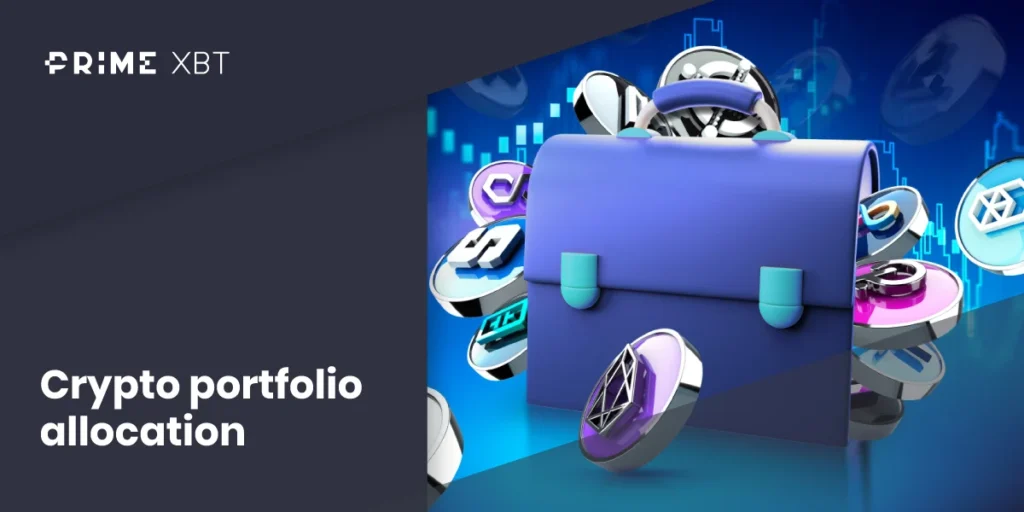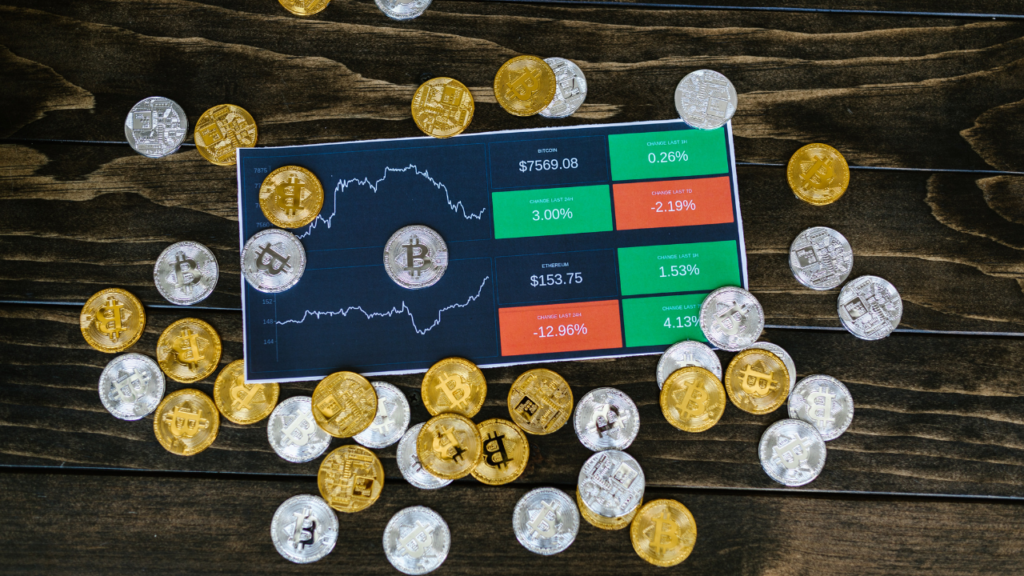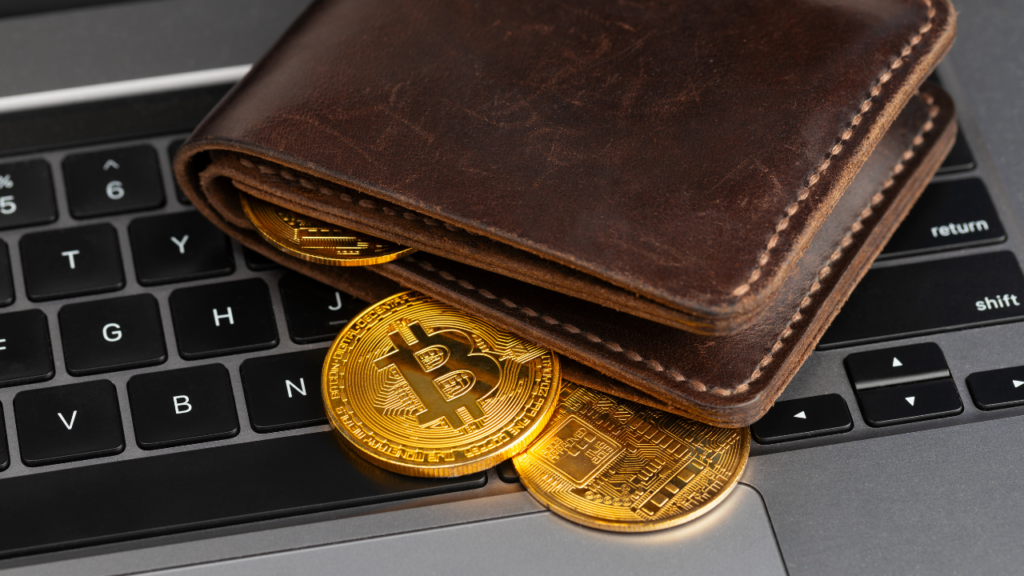Top 10 Things You Must Know Before Investing in Cryptocurrency

Cryptocurrency is Unregulated and Decentralized
Cryptocurrency is a digital currency that uses encryption techniques to regulate the generation of units of currency and verify the transfer of funds. It is a decentralized and unregulated currency, meaning that it is not controlled by any central authority or government.
Decentralization means that the control of cryptocurrency is spread across a network of computers, rather than being controlled by a single entity like a central bank. This makes it difficult for any one person or group to manipulate the currency, as there is no central point of control.

The lack of regulation in cryptocurrency means that there are no laws or regulations governing its use or trade, which can lead to risks for users. For example, there may be no legal recourse if a user’s cryptocurrency is stolen or lost, or if a cryptocurrency exchange is hacked. Additionally, the lack of regulation can also lead to greater volatility in the cryptocurrency market, with prices fluctuating wildly based on investor sentiment and market demand.
Despite these risks, many proponents of cryptocurrency argue that its decentralized and unregulated nature makes it more secure and transparent than traditional currency. They also argue that the lack of regulation allows for greater financial freedom and innovation, as individuals and businesses can use cryptocurrency to transact without the need for a centralized intermediary.
Overall, the decentralized and unregulated nature of cryptocurrency has both benefits and risks, and it is up to individual users to decide whether the benefits outweigh the risks.
Extremely Volatile

Analyzing Market Sentiments
Analyzing market sentiment involves evaluating the overall attitude or feeling of investors and traders towards a particular asset or market. Market sentiment can be positive, negative, or neutral, and it can change quickly based on economic news, geopolitical events, and other factors.
There are several ways to analyze market sentiment, including:

- Technical analysis: This involves studying charts and patterns to identify trends and make trading decisions based on past price movements.
- Fundamental analysis: This involves looking at economic indicators, financial statements, and other data to assess the underlying value of an asset.
- News analysis: This involves monitoring news headlines and social media to gauge the mood of investors and traders.
- Sentiment indicators: This involves using tools such as surveys, opinion polls, and sentiment indexes to measure market sentiment.
Overall, analyzing market sentiment can help traders and investors make more informed decisions about buying and selling assets. However, it is important to remember that sentiment can be fickle and can change rapidly, so it should not be the only factor considered in making investment decisions.
Keeping a Modified Crypto Portfolio
Keeping a modified crypto portfolio can be a smart investment strategy for those who want to balance risk and potential returns. Here are some tips for managing a modified crypto portfolio:

- Diversify: It’s important to spread your investments across different cryptocurrencies to minimize risk. Don’t put all your eggs in one basket, and consider investing in a mix of high-risk and low-risk cryptocurrencies.
- Keep track of market trends: Keep an eye on market trends and news updates to identify potential opportunities or risks. Make informed decisions based on this information and adjust your portfolio accordingly.
- Set goals: Set clear investment goals for your portfolio, such as short-term gains or long-term growth. This will help you stay focused and make more strategic investment decisions.
- Rebalance regularly: Rebalance your portfolio regularly to ensure it aligns with your investment goals and risk tolerance. This involves selling some investments and buying others to maintain the desired asset allocation.
- Use dollar-cost averaging: Consider using dollar-cost averaging to gradually invest in your chosen cryptocurrencies over time. This helps to reduce the impact of market volatility on your portfolio.
- Consult with a financial advisor: If you’re not confident in managing your portfolio alone, consider consulting with a financial advisor who has experience in cryptocurrency investments. They can help you create a customized investment plan that aligns with your goals and risk tolerance.
Analyzing Various Crypto Developments
Sure, I can provide some analysis on various crypto developments. Here are some recent developments in the crypto space:
Bitcoin Lightning Network: The Lightning Network is a second-layer protocol built on top of the Bitcoin blockchain that enables faster and cheaper transactions. It achieves this by creating a network of payment channels between users, allowing transactions to be processed off-chain. The Lightning Network has been gaining traction and adoption among Bitcoin users, and could potentially help solve some of the scaling issues that Bitcoin has faced.
Ethereum 2.0: Ethereum 2.0 is an upgrade to the Ethereum blockchain that aims to improve its scalability, security, and sustainability. The upgrade will introduce a new consensus mechanism called proof-of-stake, which will replace the current proof-of-work mechanism. This will enable Ethereum to process more transactions per second and reduce its energy consumption.
 Non-Fungible Tokens (NFTs): NFTs are unique digital assets that are stored on a blockchain. They have been gaining popularity in recent months, with some selling for millions of dollars. NFTs can be used to represent a wide range of assets, including artwork, music, and even virtual real estate. While some see NFTs as a revolutionary new asset class, others question their value and long-term viability.
Non-Fungible Tokens (NFTs): NFTs are unique digital assets that are stored on a blockchain. They have been gaining popularity in recent months, with some selling for millions of dollars. NFTs can be used to represent a wide range of assets, including artwork, music, and even virtual real estate. While some see NFTs as a revolutionary new asset class, others question their value and long-term viability.
Central Bank Digital Currencies (CBDCs): CBDCs are digital versions of a country’s fiat currency that are issued and backed by the central bank. Several central banks around the world are exploring the possibility of launching their own CBDCs, with China being one of the first countries to do so. CBDCs could potentially offer several benefits, including faster and cheaper transactions, improved financial inclusion, and increased control over the monetary system.
Overall, these developments show that the crypto space is rapidly evolving and expanding in new directions. While there are still many challenges and uncertainties, these developments offer promising opportunities for innovation and growth.
Invest Money You are Comfortable Losing
When it comes to investing, it’s important to remember that there is always a risk involved. No matter how promising an investment may seem, there is always a chance that you could lose money. That’s why it’s generally recommended to only invest money that you’re comfortable losing.
Here are a few reasons why it’s a good idea to invest money you’re comfortable losing:

- It reduces your stress: When you invest money you’re comfortable losing, you won’t be as stressed or anxious about the outcome. You’ll be able to make decisions without worrying too much about the potential losses.
- It allows you to learn: Investing can be a great way to learn about the financial markets and how they work. If you’re investing money you’re comfortable losing, you’ll be more open to taking risks and experimenting with different strategies.
- It helps you avoid making emotional decisions: When you invest money you’re not comfortable losing, you may be more likely to make emotional decisions based on fear or greed. This can lead to poor investment choices and ultimately, losses.
- It allows you to diversify your portfolio: Investing in a variety of different assets is key to reducing risk. If you’re only investing money you can’t afford to lose, you may be hesitant to diversify your portfolio.
Overall, investing money you’re comfortable losing can help you make better investment decisions, reduce stress, and ultimately increase your chances of success.
Beware of ICOs
As an AI language model, I cannot provide investment advice or opinion on specific ICOs. However, I can provide some general information about ICOs and their potential risks.
Initial Coin Offerings (ICOs) are a type of fundraising mechanism that companies or individuals can use to raise capital by selling digital tokens or coins to investors. These tokens or coins usually represent a certain amount of cryptocurrency or a specific service that the company plans to offer.
While ICOs can provide opportunities for investors to participate in early-stage funding of new projects and potentially earn significant returns, they also come with a number of risks. Some of these risks include:

- Lack of Regulation: ICOs are not regulated by any government agency, which means that investors may not have the same level of protection that they would have when investing in other types of securities.
- High Volatility: The prices of tokens or coins sold during ICOs can be highly volatile and can fluctuate rapidly, which can lead to significant losses for investors.
- Fraudulent Activities: ICOs have been a popular target for fraudulent activities, including scams, phishing attacks, and other forms of fraud.
- Lack of Transparency: Some ICOs may not provide adequate information about the project, its founders, or its financial situation, which can make it difficult for investors to make informed decisions.
- Lack of Liquidity: Tokens or coins sold during ICOs may not be easily tradable on cryptocurrency exchanges, which can make it difficult for investors to sell their holdings if they need to.
In conclusion, while ICOs can provide opportunities for investors, they also come with a number of risks that investors should be aware of before investing. It is important for investors to do their own research and due diligence before investing in any ICO, and to consult with a financial advisor or other professional if they have any doubts or concerns.
Choose the Right Crypto Exchange and Wallet Services
Choosing the right crypto exchange and wallet services is crucial for anyone who wants to buy, sell, or hold cryptocurrencies. Here are some tips to help you make the right choices:

- Research: Before choosing an exchange or wallet service, research various options and read reviews. Look for user feedback and complaints to get an idea of their reputation.
- Security: Ensure that the exchange or wallet service you choose has robust security measures in place. This includes two-factor authentication, cold storage, and regular security audits.
- User interface: Choose an exchange or wallet service with an intuitive user interface that you find easy to navigate.
- Supported cryptocurrencies: Check which cryptocurrencies the exchange or wallet service supports. Some only support a limited number of cryptocurrencies.
- Fees: Compare fees across different exchanges and wallet services. Some charge a flat fee per transaction, while others charge a percentage of the transaction amount.
- Customer support: Look for an exchange or wallet service with responsive customer support that can help you quickly if you have any issues or questions.
- Regulations: Check if the exchange or wallet service is regulated by a reputable authority in your country. This can give you some assurance that they operate within legal boundaries and are held accountable.
Some popular crypto exchanges and wallet services include Coinbase, Binance, Kraken, Ledger, and Trezor. However, remember to always do your own research and due diligence before entrusting your crypto assets to any platform or service.
Protecting the Private Keys is Critical
Yes, protecting private keys is critical for maintaining the security and confidentiality of sensitive information, such as financial transactions, personal data, and communications.
Private keys are used in public-key cryptography, a widely-used method for securing online transactions and communications. In this system, each user has a pair of keys, a private key and a public key. The private key is kept secret and used to encrypt data, while the public key is widely distributed and used to decrypt data that has been encrypted with the corresponding private key.

If a private key is stolen or compromised, an attacker can use it to decrypt sensitive data, impersonate the owner of the private key, or conduct fraudulent transactions. Therefore, it is essential to protect private keys with strong security measures, such as encryption, access controls, and physical security measures.
Private keys should be stored securely and only accessible to authorized users. Strong passwords or passphrases should be used to protect private keys, and they should be encrypted using robust encryption algorithms. Physical security measures, such as locked cabinets or secure vaults, can also be used to protect private keys.
In summary, protecting private keys is critical to maintaining the confidentiality and security of sensitive information. Organizations and individuals should implement strong security measures to ensure that private keys are not stolen or compromised.
Keep Yourself Updated with the Taxation and Regulatory Measures
Keeping yourself updated with taxation and regulatory measures is crucial for individuals and businesses alike to ensure compliance with relevant laws and regulations. Here are some tips on how to stay updated:

- Subscribe to newsletters: Many government agencies and professional organizations provide regular updates on changes to tax laws and regulations. You can subscribe to their newsletters to receive the latest news and updates in your inbox.
- Attend seminars and workshops: Attend seminars and workshops on taxation and regulatory measures to gain a better understanding of the latest developments in the field. These events are often conducted by government agencies, professional organizations, or industry experts.
- Consult a tax professional: If you’re unsure about the latest regulations or changes in tax laws, it’s best to consult a tax professional who can provide you with the latest information and help you understand how these changes may impact you.
- Read relevant publications: Subscribe to relevant publications, such as tax journals and business magazines, to keep yourself updated on the latest news and developments in the field.
- Check government websites: Government websites often provide updated information on tax laws and regulations. Check these websites regularly to ensure you’re up-to-date on any changes that may affect you or your business.
Remember, staying informed about taxation and regulatory measures is essential to ensure compliance with laws and regulations and avoid any penalties or legal issues.








